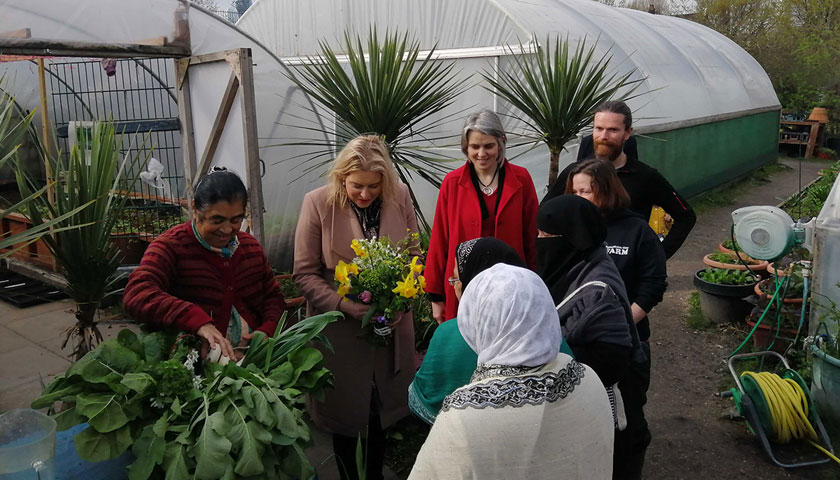A new guide to supporting, recruiting and retaining older volunteers was launched as part of National Volunteers’ Week (1-7 June).
The Age-Friendly and Inclusive Volunteering guide introduces six principles that organisations working with volunteers can adopt to address barriers to inclusion and widen participation. These include offering more flexibility, providing opportunities for volunteers to meet and spend time with other people, and making use of volunteers’ individual strengths. It also lists practical examples and recommendations that can help support, recruit and retain older volunteers.
The guide is based on a review into community contributions in later life carried out by the Centre for Ageing Better, in partnership with the Department for Digital, Culture, Media and Sport. Following the review, the Centre for Ageing Better awarded over £250,000 of government funding to five projects to pilot and share new approaches to age-friendly and inclusive volunteering.
The review warned that significant barriers to participation – such as caring responsibilities, health problems or changing life circumstances – put communities at risk of missing out on the talents of older volunteers. It also showed that people who are less financially secure, in poorer health or from a BAME background can face structural barriers which make them less likely to formally volunteer.
In 2016-17, people over the age of 50 contributed an estimated £43.4 billion to the UK economy through volunteering. The Centre for Ageing Better’s review of volunteering amongst older people warned that this contribution is at risk of being eroded.
Rachel Monaghan, Programme Manager at the Centre for Ageing Better, said:
“Older people make a huge contribution to their communities through volunteering, whether that’s helping out friends and neighbours or giving time regularly in more formal roles.
“Volunteering isn’t just crucial for sustaining the activities of many organisations, it’s also a really important way for people to stay in touch with the people around them and to keep doing the things they love in later life.
“But there’s a real risk that people are locked out of these opportunities. Our guide can help organisations reliant on volunteers to support them so they are motivated to join and stay.”
To download the guide click here.

